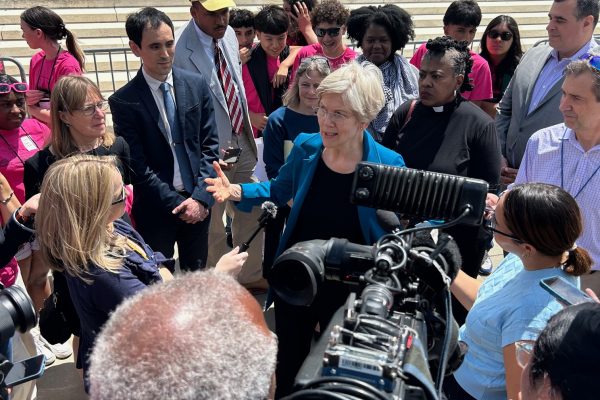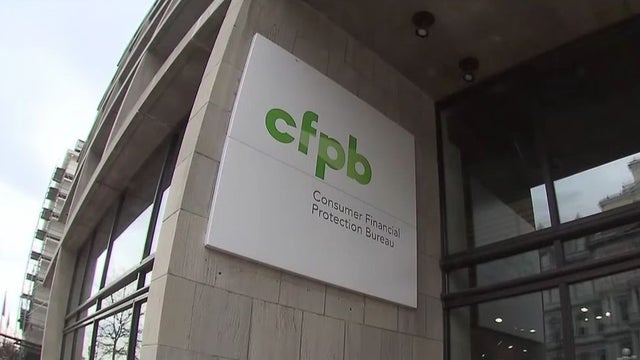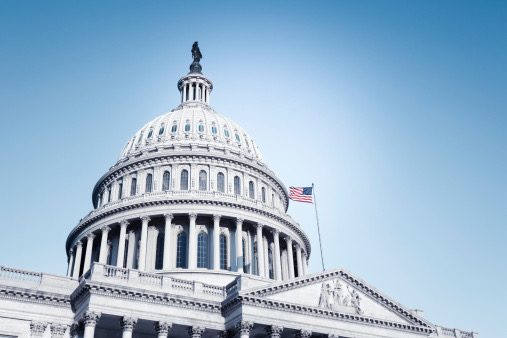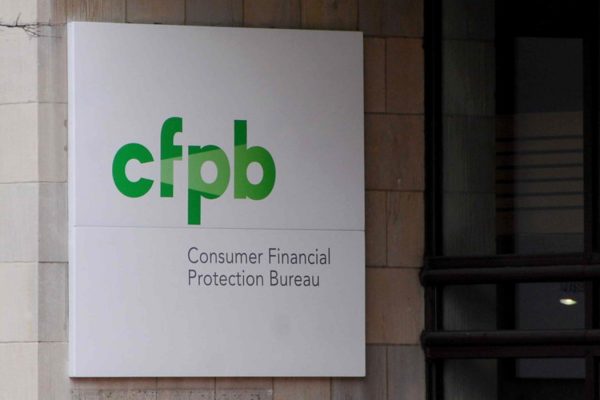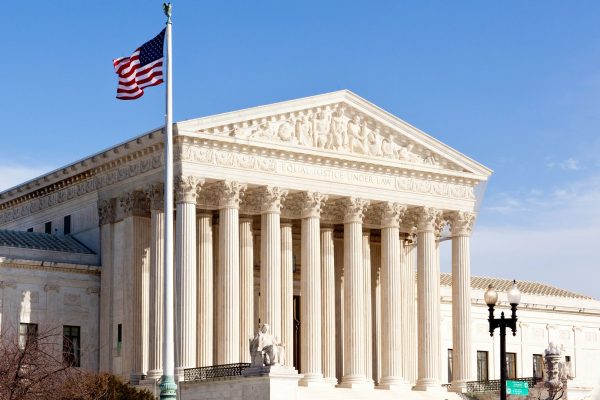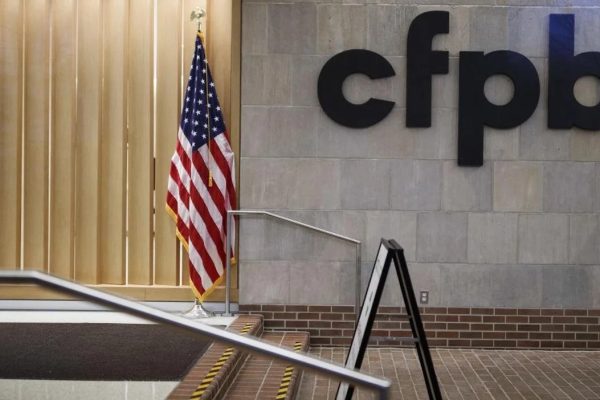In The News: Supreme Court rebuffs challenge to consumer protection agency (NBC)
Sen. Elizabeth Warren, D-Mass., who proposed that the bureau be created and helped set it up, welcomed the decision in a celebratory appearance outside the Supreme Court building… Consumer advocates and financial services industry critics expressed relief about Thursday’s ruling. “This decision removes a major threat to the agency’s work and reaffirms the independence that allows it to continue standing up for the public interest against abusive financial practices,” said Lisa Donner, executive director of Americans for Financial Reform Education Fund.


